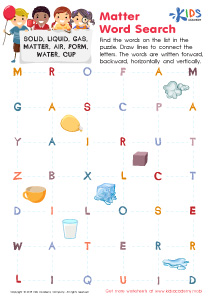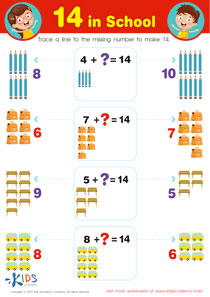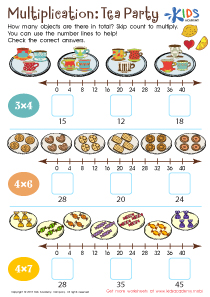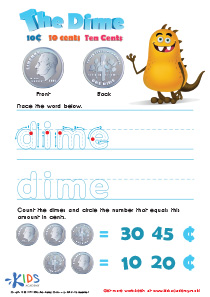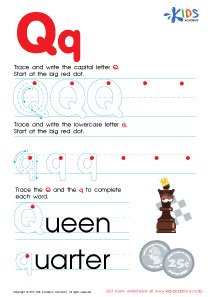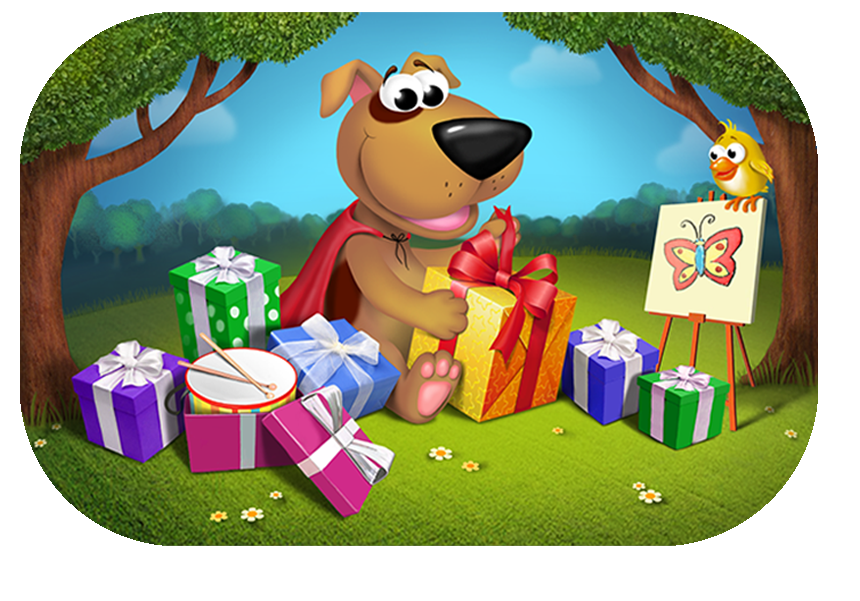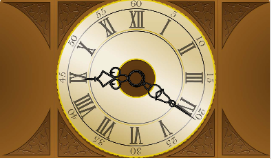Logic and Early Math Lessons | Addition Story Problems (#'s 1-5) for 5-Year-Olds
6 results
Dive into the enchanting world of math with our "Addition Story Problems (#'s 1-5) for 5-Year-Olds"! Carefully crafted for the curious minds of young learners, this series features interactive worksheets, captivating educational videos, and engaging assessment quizzes designed to inspire a love for learning. Through fun and relatable story problems, children will explore the basics of addition, applying them to everyday scenarios to enhance their understanding and numerical skills. Perfect for kindergarteners, this program promises a delightful journey into the world of numbers, setting a strong foundation for future math adventures. Join us and turn your child into a little math enthusiast!
In today's fast-evolving educational landscape, it's crucial to provide young learners with resources that not only capture their attention but also enhance their understanding and application of basic concepts. One such foundational skill that serves as a cornerstone for future mathematical learning is addition. Specifically designed for young minds, the "Addition Story Problems (#'s 1-5) for 5-Year-Olds" is a comprehensive suite of interactive lessons aimed at fostering a love for math through engaging storytelling and problem-solving exercises.
At the heart of this program lies the understanding that children, especially five-year-olds, learn best when they can visualize and relate to the material. The Addition Story Problems are carefully crafted to weave numerical concepts into relatable, everyday scenarios. This approach not only makes learning more enjoyable but also helps children see the practical relevance of addition in their daily lives.
The inclusion of interactive worksheets in the "Addition Story Problems (#'s 1-5) for 5-Year-Olds" is a particularly effective tool in reinforcing learning. These worksheets are not your ordinary math exercises; they are designed to be both fun and challenging, encouraging children to apply what they have learned in the story problems to practical situations. The interactive nature of these worksheets ensures that learning is hands-on, which is essential for retaining the attention of young learners and helping them internalize the concepts being taught.
Furthermore, the program occasionally incorporates educational videos that complement the story problems and worksheets. These videos are a fantastic way to break up the learning process, providing visual and auditory stimuli that cater to various learning styles. Through engaging characters and narratives, the videos reinforce the lessons learned through the story problems and worksheets, making the concept of addition more accessible and understandable for five-year-olds.
Assessment quizzes are an integral part of the "Addition Story Problems (#'s 1-5) for 5-Year-Olds," serving as a valuable tool for both parents and educators to gauge the child's understanding and progress. These quizzes are carefully designed to be age-appropriate, ensuring that they challenge the child without causing frustration. By providing immediate feedback, these quizzes help reinforce learning and identify areas that may need further attention, making it easier to tailor the learning experience to each child's needs.
In conclusion, the "Addition Story Problems (#'s 1-5) for 5-Year-Olds" offers a holistic and engaging approach to learning addition. By combining interactive worksheets, educational videos, and assessment quizzes with the power of storytelling, this program provides a solid foundation in addition while fostering a positive attitude towards learning math. As children navigate through the story problems, they not only learn the basics of addition but also develop critical thinking and problem-solving skills that will benefit them throughout their academic journey and beyond.
